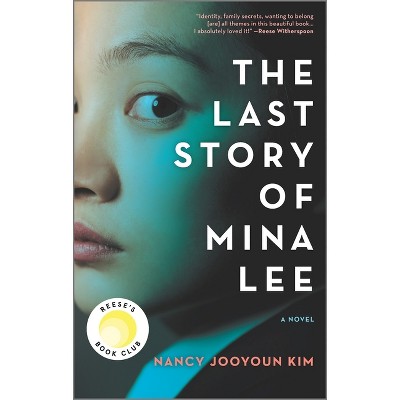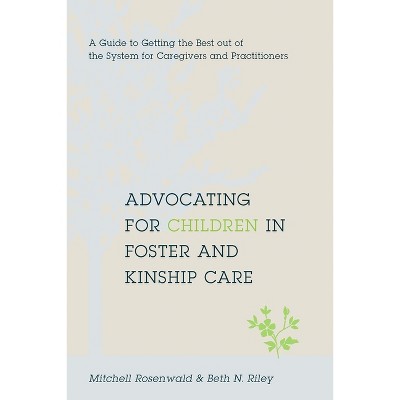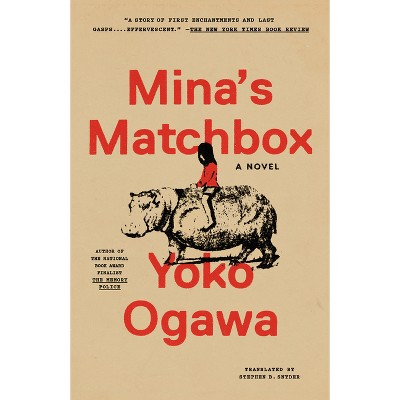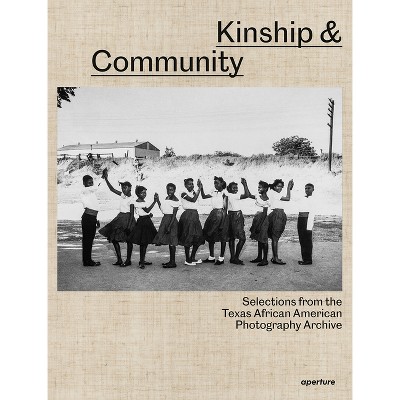Sponsored

Women, Power, and Kinship Politics - by Mina Roces (Hardcover)
In Stock
Sponsored
About this item
Highlights
- Politics in the Philippines is not male-dominated, but gendered.
- About the Author: MINA ROCES is Senior Lecturer in the School of Humanities at Central Queensland University in Australia.
- 232 Pages
- Political Science, Political Process
Description
About the Book
Politics in the Philippines is not male-dominated, but gendered. This book examines how women hold power unofficially through their kinship ties with male politicians. Examining the perspectives of local concepts of power, the author explores gender and power in post-war Philippines and characterizes kinship politics embedded in the predominate political culture.
Women's power is a site where the conflict between the two discourses of kinship politics and modern nationalist values is daily contested. Unofficial women's power is resourced through kinship politics, but because it is exercised behind the scenes it makes women vulnerable to criticisms that they are manipulative or scheming, wielding power that is illegal, undemocratic, anti-nationalist and unaccountable. But, at the other end of the equation, women's crusades against graft and corruption is doubly legitimized through both the modern discursive prioritizing of the nation-state and through women's traditional gendered roles as moral guardians. This book will be of interest to scholars and students in Philippine studies, Southeast Asian history, gender studies, women and power in Asia, and feminist studies.
Book Synopsis
Politics in the Philippines is not male-dominated, but gendered. This book examines how women hold power unofficially through their kinship ties with male politicians. Examining the perspectives of local concepts of power, the author explores gender and power in post-war Philippines and characterizes kinship politics embedded in the predominate political culture.
Women's power is a site where the conflict between the two discourses of kinship politics and modern nationalist values is daily contested. Unofficial women's power is resourced through kinship politics, but because it is exercised behind the scenes it makes women vulnerable to criticisms that they are manipulative or scheming, wielding power that is illegal, undemocratic, anti-nationalist and unaccountable. But, at the other end of the equation, women's crusades against graft and corruption is doubly legitimized through both the modern discursive prioritizing of the nation-state and through women's traditional gendered roles as moral guardians. This book will be of interest to scholars and students in Philippine studies, Southeast Asian history, gender studies, women and power in Asia, and feminist studies.Review Quotes
.,."a well-researched study of women in the last half of the the 20th century in the male-dominated society of the Philippines."-Choice
.,."an informative discussion of the gendering of power in post-war Phillipines and women's increasing participation in the politics of the nation, both as holders of elected office and in more traditional capacities as wives and relatives of male politicians."-Journal of Third World Studies
?...a well-researched study of women in the last half of the the 20th century in the male-dominated society of the Philippines.?-Choice
?...an informative discussion of the gendering of power in post-war Phillipines and women's increasing participation in the politics of the nation, both as holders of elected office and in more traditional capacities as wives and relatives of male politicians.?-Journal of Third World Studies
?Roces' treatise enables the reader, and social scientists as well, to understand the nature of the political process in developing countries and the women's role in it....Roces provides us a very useful framework for understanding the influence, nay the power, that women, in the Philippines at least, wield.?-Pacific Affairs
?Should be read by anyone interested in altering the structure of society in this archipelago. Or for that matter anyone who wants to know the real score on the position of women in the Philippines....I strongly recommend it to...'must read' lists in colleges and universities.?-Philippine Daily Inquirer
..."a well-researched study of women in the last half of the the 20th century in the male-dominated society of the Philippines."-Choice
..."an informative discussion of the gendering of power in post-war Phillipines and women's increasing participation in the politics of the nation, both as holders of elected office and in more traditional capacities as wives and relatives of male politicians."-Journal of Third World Studies
"Should be read by anyone interested in altering the structure of society in this archipelago. Or for that matter anyone who wants to know the real score on the position of women in the Philippines....I strongly recommend it to...'must read' lists in colleges and universities."-Philippine Daily Inquirer
"Roces' treatise enables the reader, and social scientists as well, to understand the nature of the political process in developing countries and the women's role in it....Roces provides us a very useful framework for understanding the influence, nay the power, that women, in the Philippines at least, wield."-Pacific Affairs
About the Author
MINA ROCES is Senior Lecturer in the School of Humanities at Central Queensland University in Australia.Shipping details
Return details
Trending Non-Fiction






Discover more options





